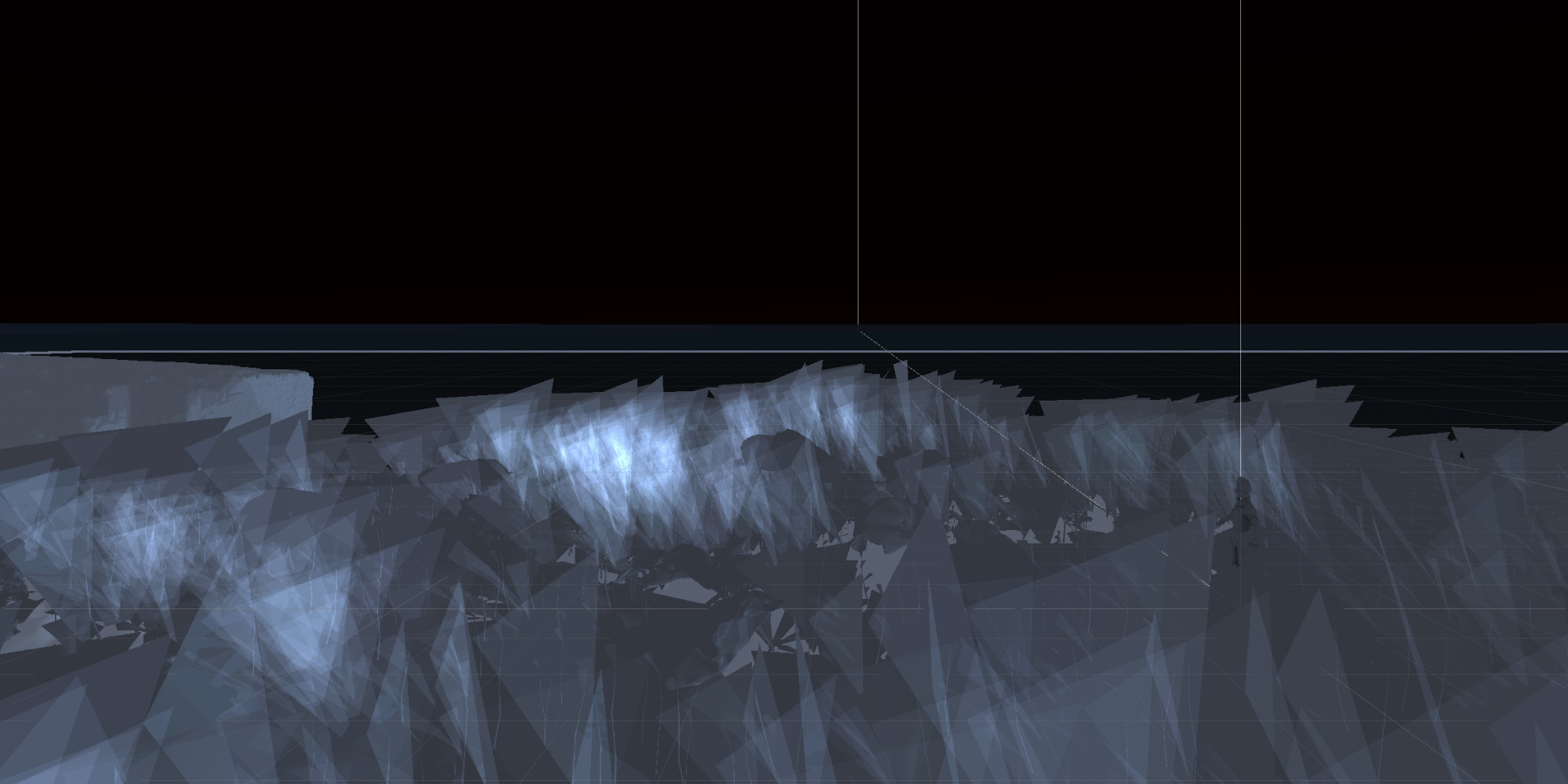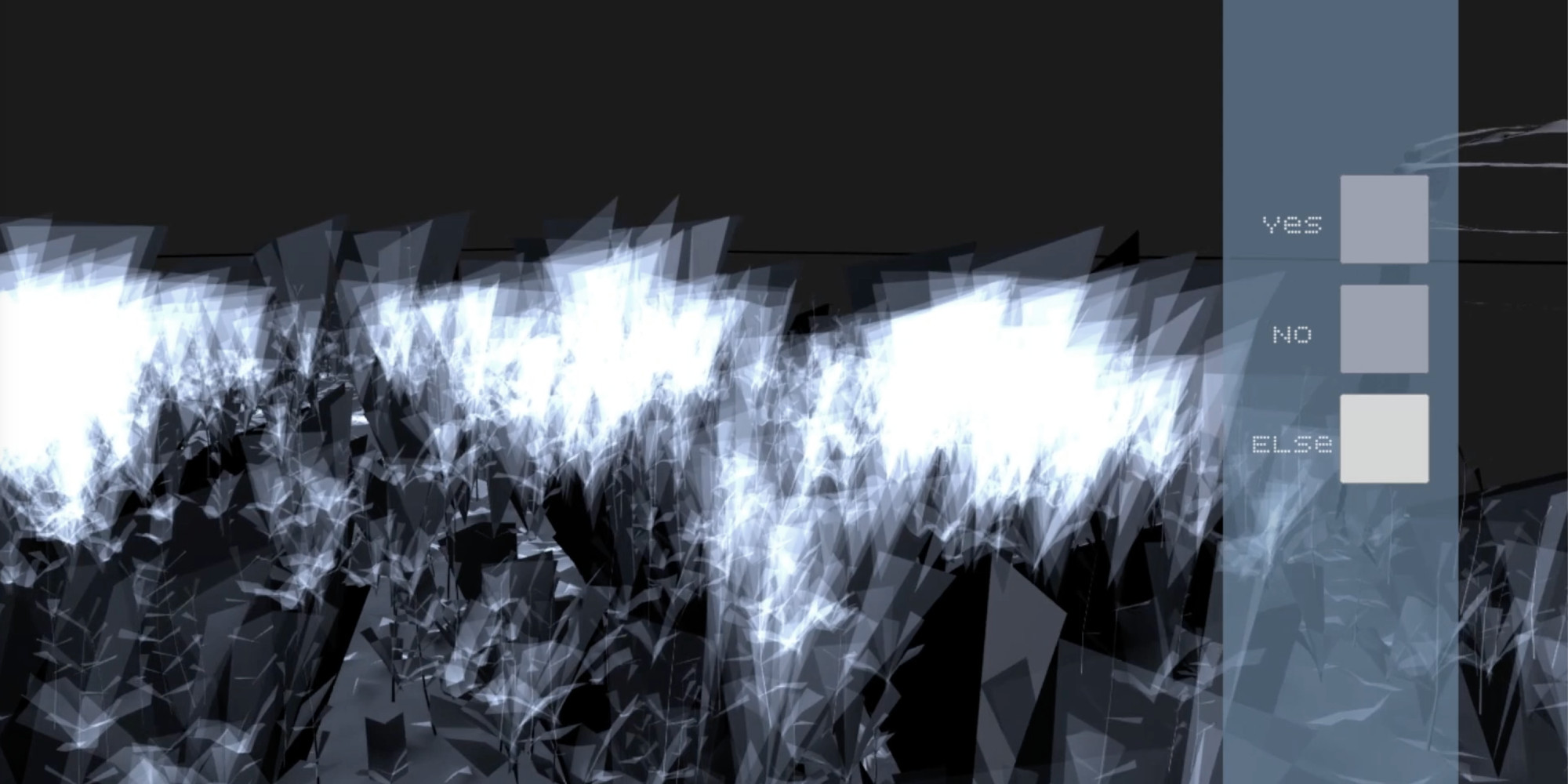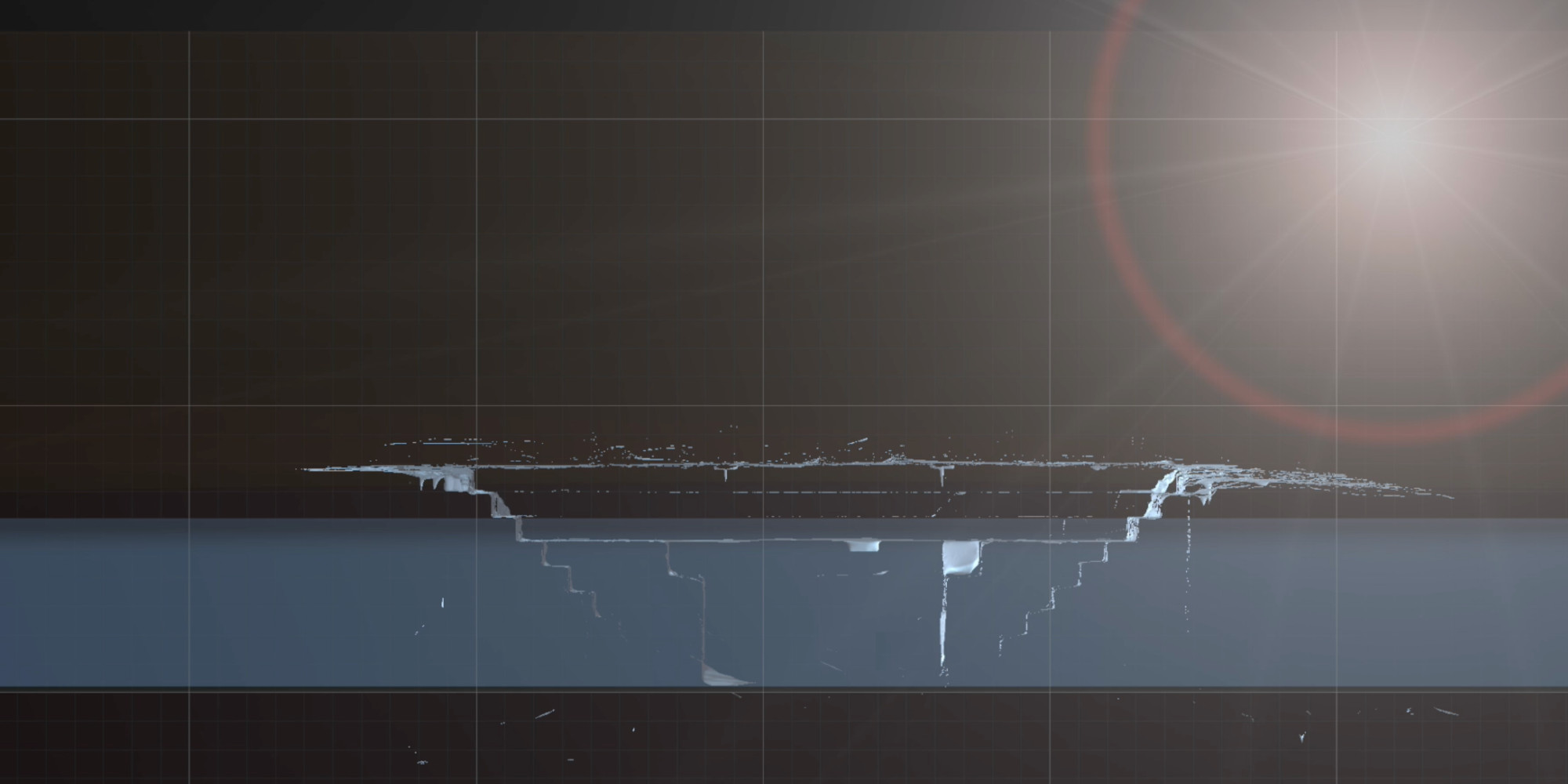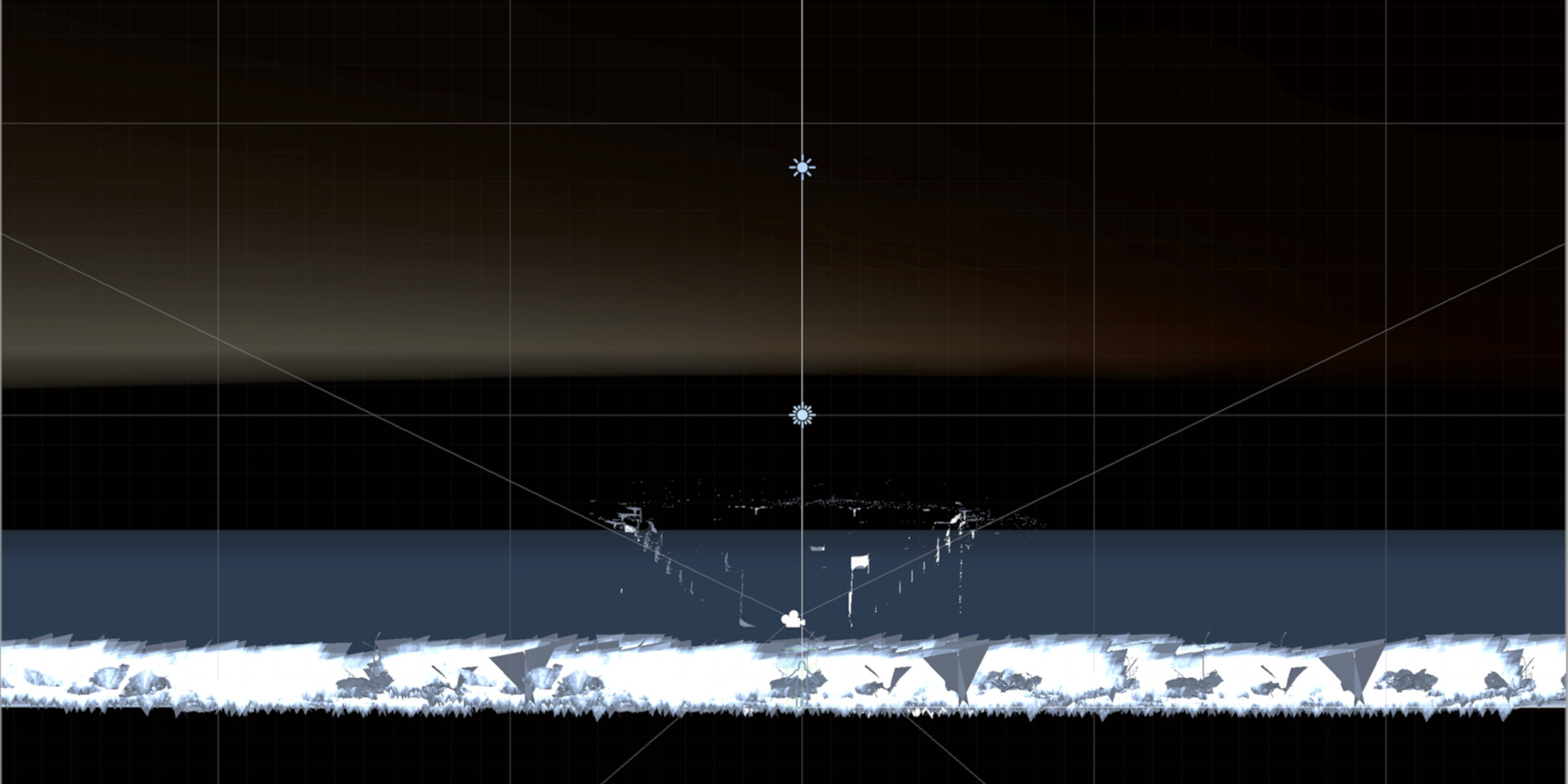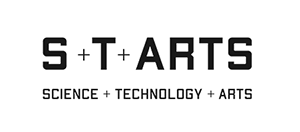In the context of the Regional STARTS Centers in Greece, the non-profit platform for social innovation projects MADE GROUP, with the support of the Athens Tech College, the Cultural Association of Archilochus and the Μunicipality of Paros Island presents “Random Rhetoric”, Garden PAROS/GREECE by conceptual artist & academic Ioannis Melanitis. “Random Rhetoric“ refers to computerized practices in politics, which are carried out through computers under the norm that political ideas operate as an outcome of mechanized processes and statistics, aiming at the absolute persuasion, the seduction of the audience, allured from the representation of a machine mimicking a human being.
Random Rhetoric
“Random Rhetoric” assembles democracy with Epicurus’ swerve (παρέκκλιση parénklisis; Latin: clinamen); an idea that describes the slight deviation and randomness of atoms from their “ordinary” pathways. Ioannis Melanitis’ works on democracy refer to a geometrization of the art of oratory and its processes through the randomization of information: “Political speech and philosophy emerging from machines and computers render humans to mere ‘viewers’ or envisage new roles in society”. He anticipates that “even the official state structures of future dialectics may be derived from self-programming computers”.
Epicurus (341–270 BC) founded his school as a counterpoint to Plato’s Academy in a Garden outside Athens, where he taught philosophy until his death. “Random Rhetoric“ acts as a metaphor of an epicurean garden, a dynamic place where logos, speech and dialectics are remodeled with the use of machines. The digital environment serves as the main forum where interactive code-based works like “The Oratory Machine” (a computer programmed in real-time speech synthesis) participate in a philosophical dialogue with the public, reshaping the art of rhetoric in some cases through the pretencing of intelligent dialogue. Attributing fraud to machines is something intertwined with the structural elements of their construction; not accidentally, in etymologies of techne (= art), the entries art and deceit derive from a common root.
Video
Project Credits / Acknowledgements
Christiana Kazakou, MADE Group Curator
Ioannis Melanitis, Artist, Assistant Professor at the Athens School of Fine Arts, Department of Sculpture
With the technical support of the Athens Tech College
Dr Ioannis Nikolakopoulos, Academic Director
Αlexandros Κanakis, Computer Scientist
Curated by MADE Group for STARTS (Science, Technology & the Arts) Regional Centers initiative, funded by the Horizon 2020 research and innovation programme, European Commission with the support of Athens Tech College, the Cultural Association of Archilochus & the Municipality of Paros Island
Download
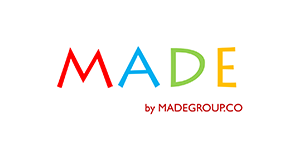

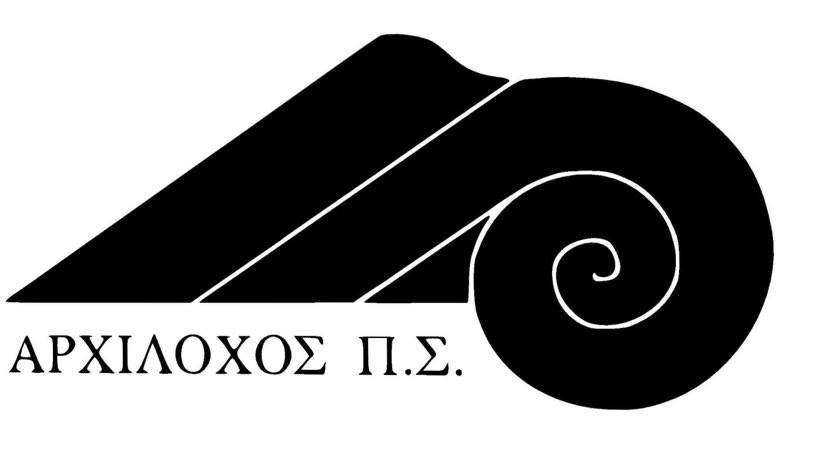

STARTS (Science, Technology & the Arts) is an initiative of the European Commission, launched under the Horizon 2020 research and innovation programme. Its purpose is to support collaborations between artists, scientists, engineers and researchers to develop more creative, inclusive, and sustainable technologies
